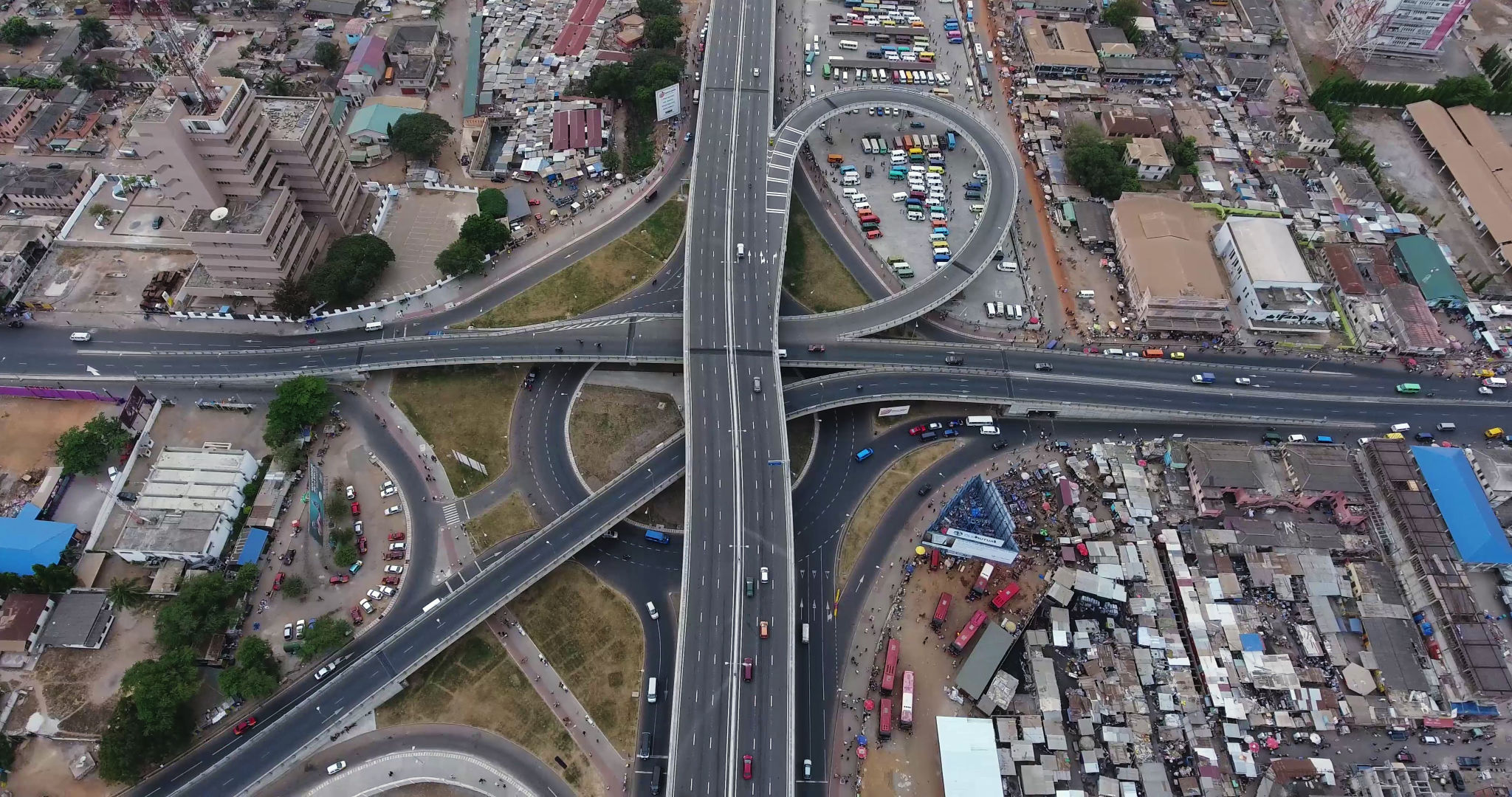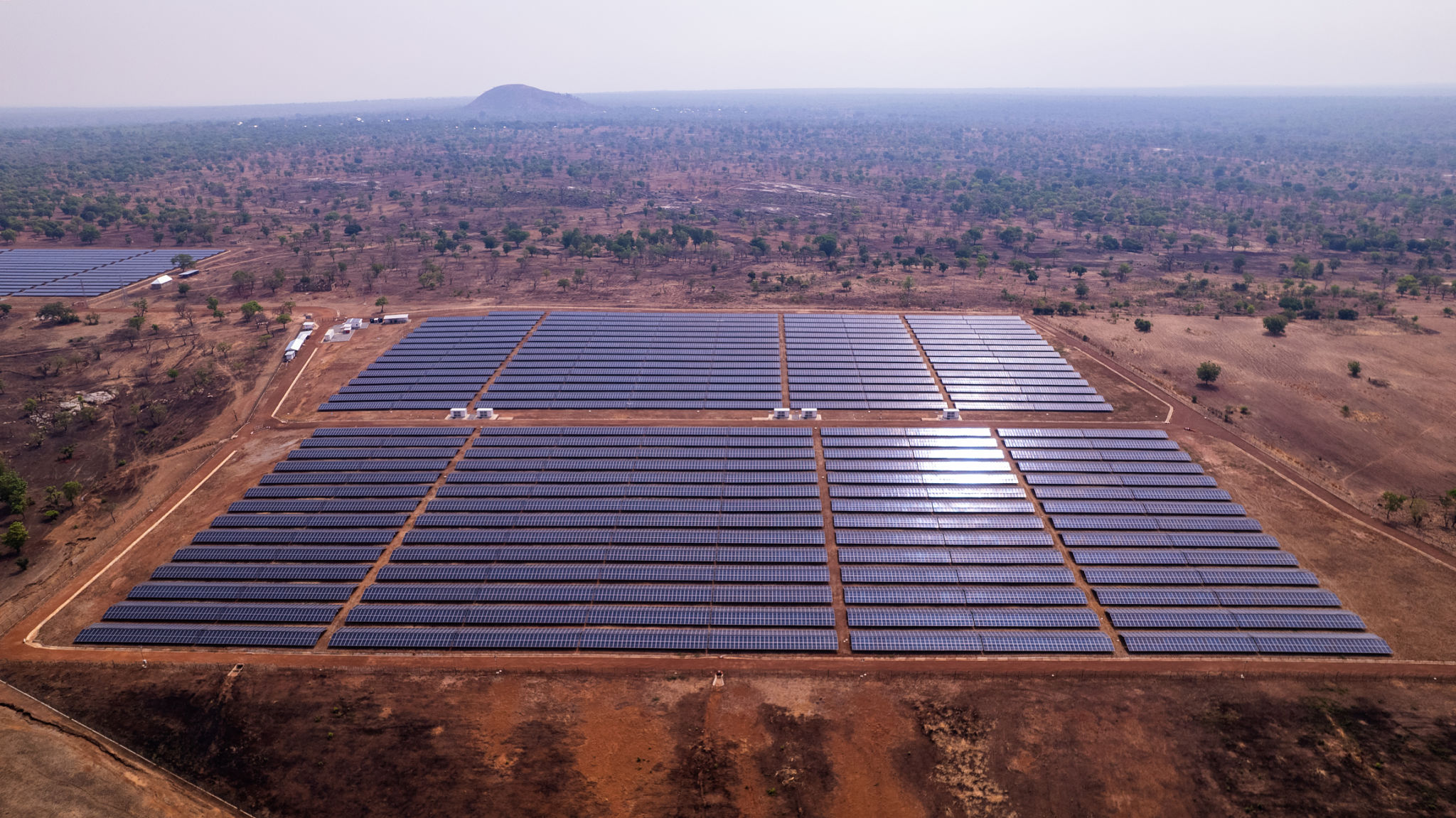Comprehensive Guide to Infrastructure Development in Ghana
Introduction to Infrastructure Development in Ghana
Infrastructure development is a critical component of economic growth and social progress in Ghana. The country's government, along with private sector partners, is actively working to improve various sectors such as transportation, energy, and telecommunications. This comprehensive guide explores the current state of infrastructure development in Ghana, highlighting key projects and future opportunities.

Transportation Infrastructure
Transportation is a vital sector for any developing nation, and Ghana is no exception. The government has prioritized the construction and maintenance of roads, railways, and airports to facilitate trade and improve connectivity. Major road projects, such as the Eastern Corridor Road, are underway to link important economic zones within the country.
The railway sector is also experiencing significant investment. The rehabilitation of existing lines and the construction of new ones aim to boost freight and passenger transport efficiency. In addition, airport expansions in Accra and Kumasi are set to enhance the nation's air travel capacity.
Energy Sector Developments
Energy infrastructure is crucial for supporting industrialization and ensuring a reliable power supply for citizens. Ghana has made great strides in increasing electricity generation capacity through investments in both renewable and non-renewable energy sources. Notably, the expansion of the Akosombo Dam and the development of solar farms contribute significantly to the national grid.

The government is also focused on improving the distribution network to reduce power outages and losses. This involves upgrading existing transmission lines and constructing new ones to reach underserved areas.
Telecommunications Expansion
The telecommunications sector in Ghana is rapidly evolving, driven by both public and private investments. Efforts are being made to expand broadband coverage, particularly in rural areas, to support digital inclusion and economic development. The rollout of 4G networks and preparations for 5G technology are laying the groundwork for a more connected society.
Water and Sanitation Improvements
Access to clean water and proper sanitation facilities remain challenges in many parts of Ghana. Infrastructure development in this sector is essential for public health and environmental sustainability. Projects such as the Greater Accra Metropolitan Area Water Supply and Sanitation Project aim to provide reliable water supply and improved sanitation services to millions of residents.

Challenges and Opportunities
Despite these advancements, Ghana faces several challenges in infrastructure development, including funding constraints, regulatory hurdles, and land acquisition issues. However, these challenges present opportunities for innovation and partnership between the government, private sector, and international organizations.
By leveraging technology, fostering public-private partnerships, and adopting sustainable practices, Ghana can overcome these barriers and accelerate its infrastructure development agenda.
Conclusion
The future of infrastructure development in Ghana holds promise, with numerous projects set to transform the country's economic landscape. Continued investment, strategic planning, and collaboration will be key to realizing this potential. As Ghana progresses on its journey toward becoming a middle-income country, robust infrastructure will serve as the backbone of its growth and development.
